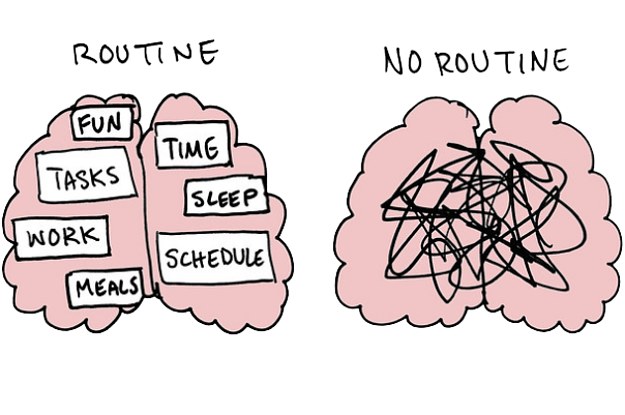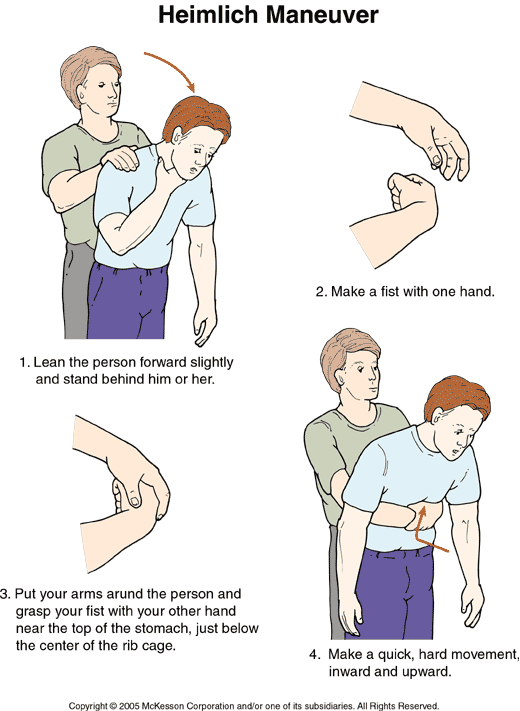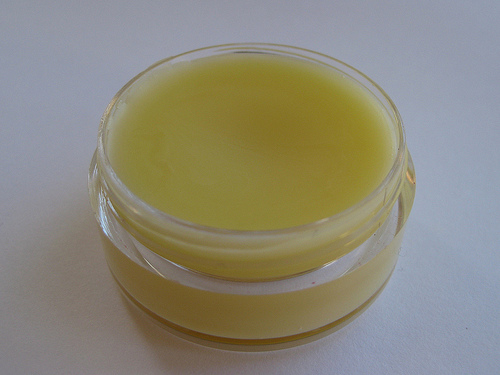
ADHD stands for Attention-Deficit and Hyperactivity Disorders.
ADHD is not just an attention problem, but a problem of impulse control.
Children with ADHD often struggle with planning and staying focused. Keeping track of time is hard for them, so they may run late to school or work constantly.
Such children struggle with organization and planning. Multi-step activities are hard for them. For example, if he has to organize a basement, he won’t know how to start and how to do it.
ADHD children have trouble regulating their emotions. They have difficulty controlling their impulses and movement. Their first reaction becomes their immediate behavior. They might speak without anticipating the reaction of others and may say hurtful and mean things as a result.
They often need constant stimulation and movement.
Some ADHD kids are not hyperactive, but can be very daydreamy.
Here is the list of ADHD signs by age. I used Robert Bernardini’s “Everlasting Health” book as a source. I highly recommend his book as he gives lots of natural healing solutions for most widespread diseases, including ADHD.
ADHD signs by age
In uterus:
- Very active
0-1 year old infants:
- Excessive head banging
- Crib rocking
- Long bouts of crying & screaming
- Being overly restless
- Having great thirst
- Having large amounts of saliva & dribbling
- Having fitful sleep or little need to sleep
1-3 year old toddlers:
- Easily excited
- Cry easily
- Burst into tantrums if their demands are not met instantly
- Run & climb on everything
- Can’t sit still for more than a few seconds
- Can’t concentrate for more than a few seconds
- Often bump into furniture & walls
3-7 year old children (more symptoms added to the above):
- Easily distracted
- Make careless errors
- Do not follow-through on requests
- Forget to write down school assignments
- Can’t play games for a longer time
- Not able to listen to an entire story
- Not able to sit through a meal
- Do not sleep through the night
- Not able to complete a chore
- Have difficulty accepting direction
- Have difficulty accepting discipline
- Have difficulty accepting correction
- Too impulsive to think before they act
- Find it hard to wait for things they want
- Find it hard to take turns in a game
- More likely to grab a toy from another child
- More likely to hit others when upset
- Will not play alone and needs you to direct an activity
- Appears clumsy and accident-prone
- Asks a lot of questions but doesn’t stay to hear the answers
- Child cries, yells and overreacts to everyday situations
- Wakes up at night to do things
- Starts putting toys away, but gets distracted by other things and does not finish.
7 year old and up (more symptoms added to the above):
- Have difficulty starting & completing tasks
- Have difficulty transitioning from one thing to another
- Have difficulty interacting with each other
- Have difficulty following through directions
- Have difficulty organizing multi-step tasks
- Have little goal orientation
- New and different stimuli distract them easily
- His room is a mess & nothing is where it should be
- Starts the job but doesn’t finish
- Can share too much personal information with classmates
- Can say hurtful things to friends or siblings without thinking
- Argues for something long after you’ve said no
- Needs to constantly talk. May interrupt you while you are talking on the phone.
- Appears to be daydreaming. Asks “what?” a lot when you are talking to him.
- Constantly runs late
Adulthood (more symptoms added to the above):
- Clumsiness
- Fatigue
- Listlessness
- Muscle weakness
- Agression
- Nonstop talking
- Increased volume of speech
- Body aches
- Poor appetite
- Anxiety
- Disobedience
- Nervousness
- Wild mood swings
- Depression
- Poor eye-hand coordination
- Swollen neck glands
- Fluid behind the ear drum
- Ringing in the ears
- Excessive sweating
- Self-abusive behaviors such as hair pulling
Related: Healing foods, herbs, and supplements for ADHD and Autism
Source: Robert Bernardini “Everlasting Health”


